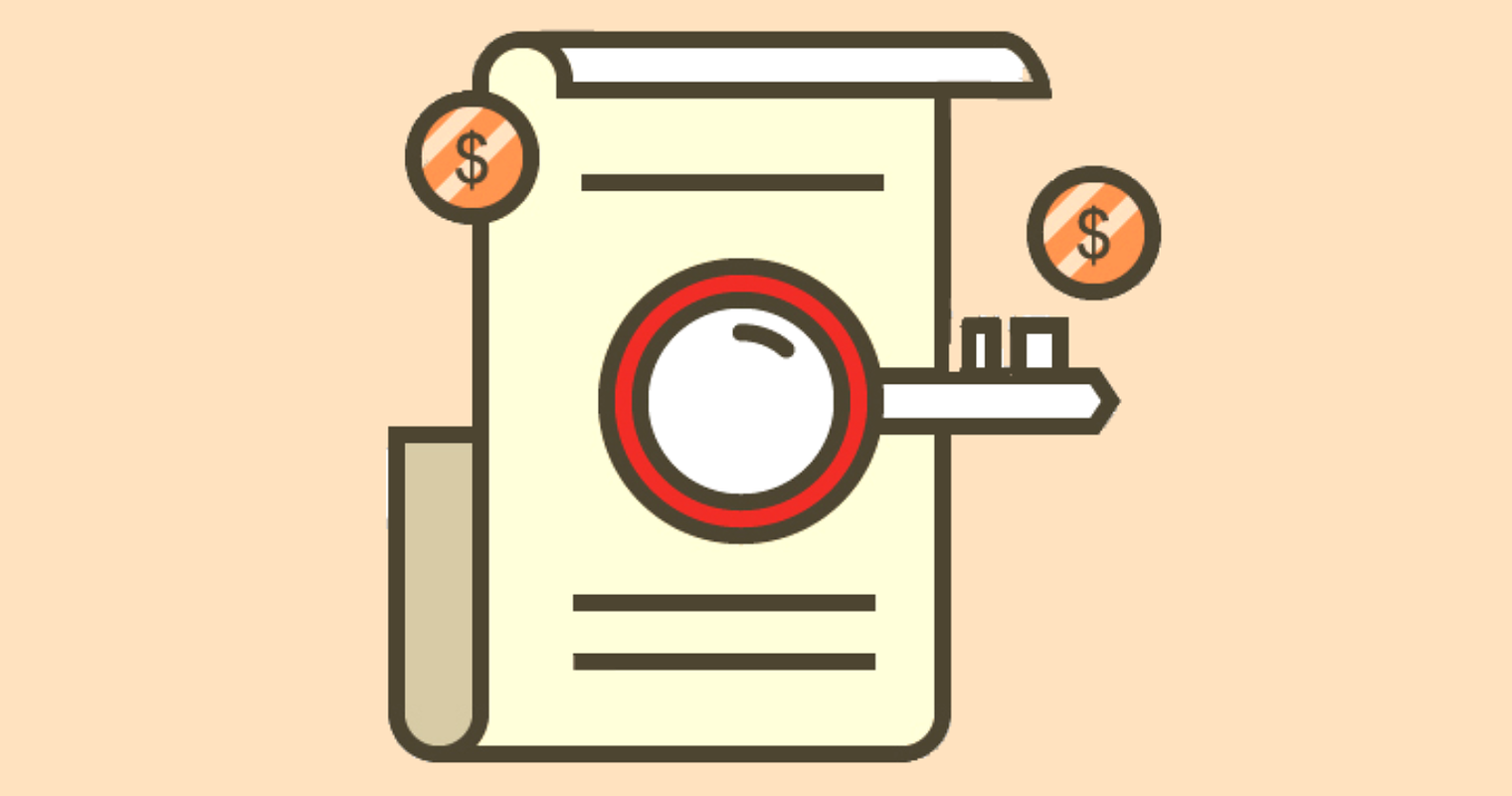What to Do When Competitors Buy Your Brand Keyword

I'm sure you have spent a fair amount of money trying to generate more quality leads. The use of your brand keywords and brand name has no doubt proven to be the most cost-effective. Now, imagine waking up one morning, opening your laptop, and keying in your branded keyword only to find the top listings are all ads bought by your biggest competitor. What's worse, this conquesting tactic is not actually banned by Google or Bing. As of June 4, 2019, Google abolished the restrictions that stopped brands from bidding on a competitor's branded keyword. The only remaining condition is that your competitors can't use your trademarked brand name in their ad copy.
Starting June 4, marketers in about 200 countries will be allowed to purchase rival trademarks as keywords to trigger display of "sponsored search" ads on Google. Honda, for instance, could bid to have one of its ads displayed when a consumer searches the term "Toyota." In recent years some companies have sued Google or the competing company, saying the practice is a form of trademark infringement. The decision to implement the strategy more widely suggests that Google is confident it is operating on sound legal footing. This means that you can't report your competitor to Google. No rule, no complaints. Going through Google to fix such an issue has become more limited.
Here are four things you can do that can turn a sour situation into something beneficial for your business. Let's dive right in:
- Own Your Brand Name: Semrush vs ahrefs ad. Screenshot from search for [ahrefs], October 2021It doesn't always seem logical to bid on your own brand keywords, but it's a good way to protect your brand name and to regain the clicks you've lost when a competitor's ads show up under your brand keywords. In some instances, it takes another company buying your branded keywords to remind you that you forgot to bid on your brand name to begin with. Another benefit to buying your own brand name is that you're in charge of the messaging. It gives you the opportunity to create different types of ads that you can A/B test to see which are the most effective.
- Talk To The Business, File A Cease & Desist: Before you take any action, it's important that you reach out to the competitor that bought your brand keywords and ask them to remove the ads. In your mind, this may be a waste of time because it's doubtful that your competitor would comply with that request. That may be true, but you always want to give that other business the opportunity to make things right, so that when things really start to get heated between you two in terms of competing ads, your conscience is clear because you tried to take the high road.
- File A Trademark Complaint With The Engines: This option is only viable if your brand name is trademarked. You can file a trademark complaint to prevent all advertisers from using any of your brand keywords in their ad copy. Should you own the trademark, this is probably a smart step for cutting off most forms of Google Ads trademark abuse regardless of whether your brand is currently being conquested. To be clear, it won't stop 100% of infringements, but it should reduce them significantly.
- Bid On Your Competition's Brand Keywords: If the above actions fail, you can always start bidding on their brand keywords. Your CPC is higher when you bid on another brand, but there could be some benefits that outweigh those costs. Before you bid, research the amount of traffic your competitors are generating based on the branded terms they are using.

-
Steve Joffrey -
Thanks - Reply
- 1 reply
{{ DiscussionBoard.errors[11689807].message }}-
WF- Enzo Administrator-
Thanks - Reply
Signature {{ DiscussionBoard.errors[11689821].message }}
{{ DiscussionBoard.errors[11689821].message }} -
-
